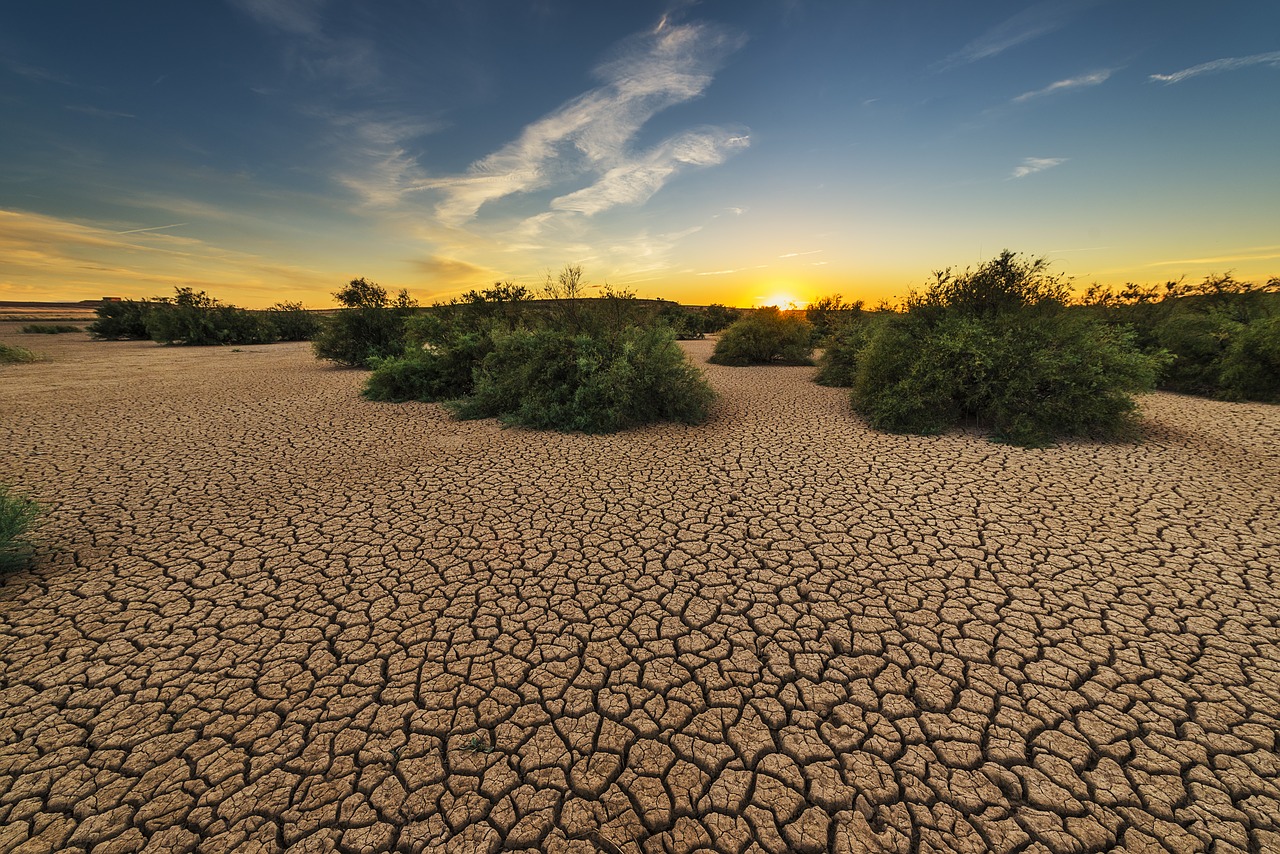Sustainable Agriculture, Better-managed Water Supplies, Vital to Tackling Water-food Nexus – Un
Published: January 26, 2017
Highlighting the challenges associated with the inextricable links between water and food – the so-called ‘water-food nexus’ – for food security, as well as for sustainable development, the United Nations agricultural agency today outlined steps that can be taken to improve water sustainability for current and future needs.
“The magnitude of the water-food nexus is underappreciated,” said Pasquale Steduto, UN Food and Agricultural Organization (FAO) Regional Strategic Programme Coordinator for the Near East and North Africa regions.
In his briefing during an event at UN Headquarters in New York, the FAO official also pointed to the fact that a person needs between two to four litres of water for daily consumption, and for domestic uses (washing, etc.) between 40 to 400 litres per family.
But for food and nutritional needs, the requirement is between 2,000 and 5,000 litres per person, depending on diet, or “roughly one litre per kilo-calorie” he explained.
He further emphasized that the nexus is particularly significant for strengthening food security given that the world population is estimated to cross the nine billion mark by 2050, another 50-60 per cent food would need to be produced over current levels to feed everyone.
“This would imply having at least 50 per cent more water – which we will not have. Estimates show we can mobilize up to 10 per cent more, [highlighting] the issue of water scarcity,” added Mr. Steduto.
He also stressed the significance of water for the attainment of the Sustainable Development Goals (SDGs).
While Sustainable Development Goal 6 (SDG 6) explicitly calls for ensuring availability and sustainable management of water and sanitation for all, water is a key component for other Goals including those on poverty (SDG 1), hunger and malnutrition (SDG 2), and climate change (SDG 13).
Thus, highlighting the need for intensification of sustainable agriculture, Mr. Steduto called for improving efficiency in the use of resources; protecting and conserving natural resources; having a people-centred approach and protecting rural livelihoods; strengthening resilience of people, community and ecosystems, particularly to climate change; and ensuring good governance to safeguard sustainability for natural and human systems.

